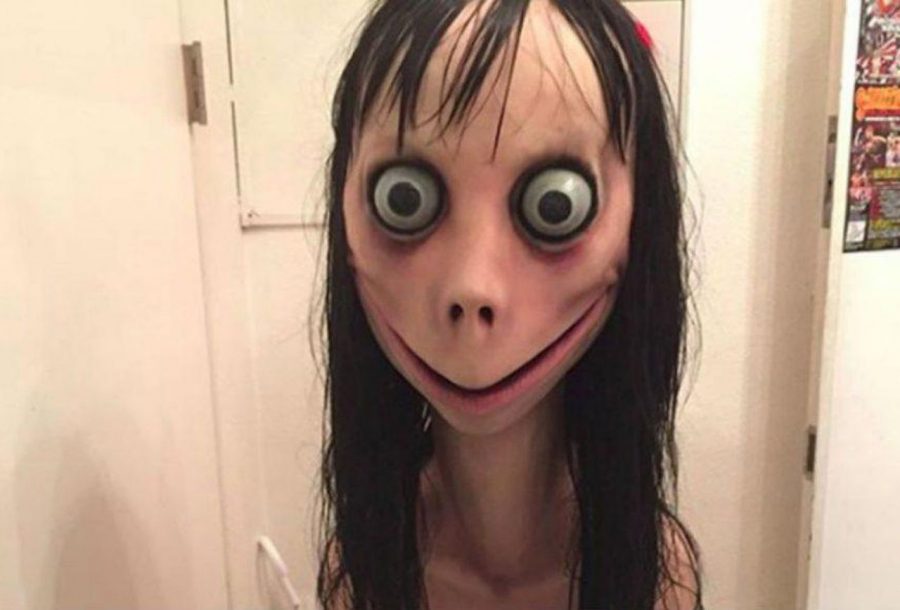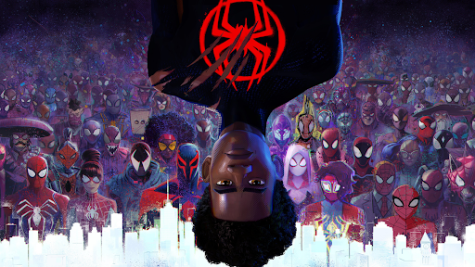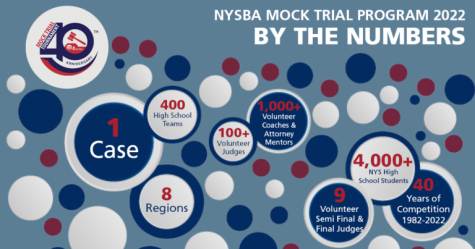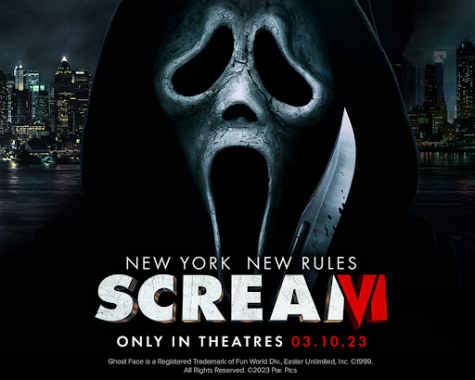Should We Address The “Momo” Challenge?
March 4, 2019
*The views and opinions expressed in the following piece are those of the author alone and do not necessarily reflect the views and opinions of The Nest or Albany High School.*
“Adam?” My mother called from the other room in her concerned parent tone. “What is the Momo Challenge? Do you know any kids doing it?” That’s how I found out about what “Momo” was in the first place. Since its inception, school districts across the country have sent out emails, tweets, and a full-blown press releases to console a few uninformed parents freaking out over the latest teen trend.
Cue dramatic music.
The “Momo Challenge” is a phenomenon of adolescents on the internet being tempted by the suggestion of committing violent acts like murder and suicide by a surprisingly seductive stranger with a creepy profile picture and a username of “Momo”. It’s ravaging the country and causing the deaths of thousands of children. Except… it’s not.
The entire “Momo” challenge is a hoax. The scary profile picture is a sculpture from a Japanese museum. Multiple police departments have released statements that reports about deaths linked to Momo are categorically false. Fact-checker snopes.com wrote “it’s unlikely that any healthy persons have actually been prompted to engage in acts harmful to themselves or others solely through exposure to something akin to the ‘Momo Challenge’”. In short, school districts seem to be making a mountain out of less than a molehill.
A New York Times article titled “Momo Is as Real as We’ve Made Her” (which also states “there are no credible reports of children who have been meaningfully influenced by [the] ‘Momo Challenge’”, by the way) asserts that “while Momo really is coming for someone in more or less the manners described, it’s not the children. It’s their parents.” Momo is merely the parents perpetuating panic over “their own biggest fears: what their kids are doing on the internet, and what the internet is doing to their kids”.
Even worse, the extended coverage of the Momo Challenge might be doing more harm than good. Thousands of kids have found out about Momo the same way I did, and had to look at that creepy picture just as I did. It’s not going to harm us, but we’d rather not have to know about a fake problem and deal with our progenitors’ hysterias.
Like the New York Times says, the adults are just causing more issues with their pragmatic attitude towards “Momo”, so why fan the fire?











